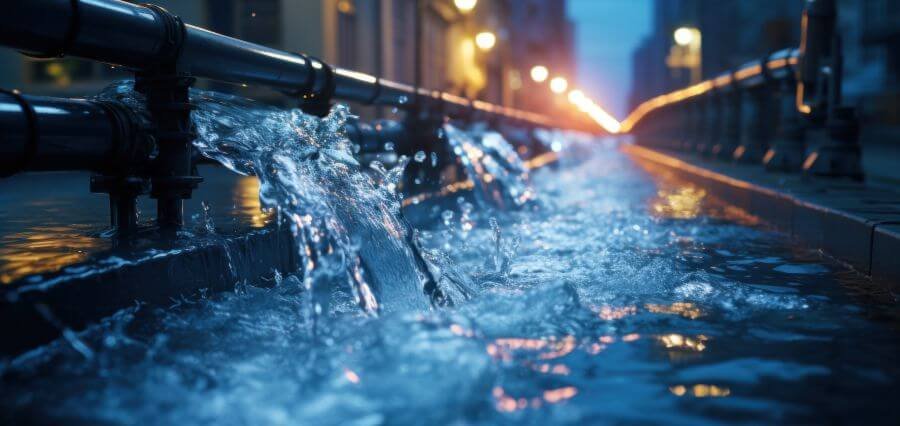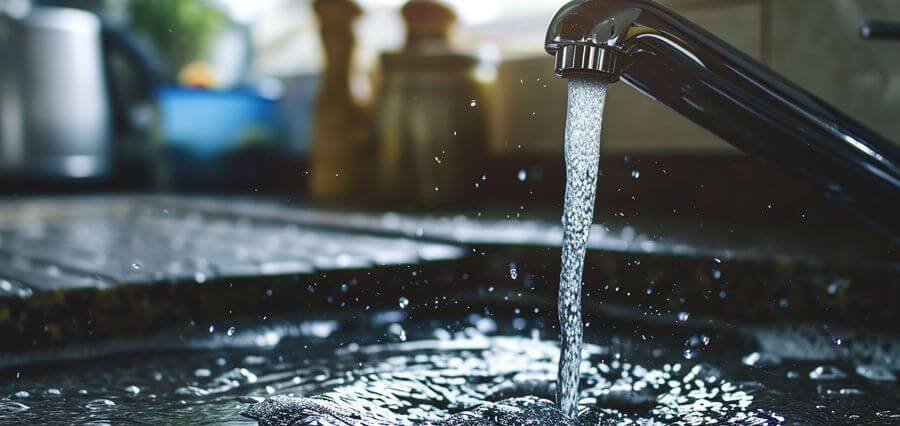The Pune Municipal Corporation (PMC) has submitted a revised proposal totaling Rs 840 crore to the state government for the comprehensive modernization of sewage treatment plants (STPs) within its jurisdiction.
This initiative, which is a testament to the PMC’s commitment to public health and environmental sustainability, seeks to upgrade infrastructure and incorporate cutting-edge purification technologies to improve water quality across six existing STPs. Collectively, these STPs process 477 million litres per day (MLD) and have been operational for over 15 years.
Initially, the PMC had proposed a renewal project valued at Rs 417 crore under the public-private partnership (PPP) model and the Amrit Yojana scheme, focusing on urban rejuvenation and infrastructure development. However, recognizing the evolving technological landscape and the pressing need for enhanced water purification, the PMC has revised the project report, doubling the budget to Rs 840 crore.
This updated plan underscores not only the refurbishment of existing infrastructure but also the integration of advanced purification methods to further elevate water quality standards.
To ensure the project’s technical feasibility, the PMC has enlisted Mahatma Phule Renewable Energy and Infrastructure Technology Limited (MAHAPREIT) as expert consultants. MAHAPREIT has conducted a thorough assessment of the existing STPs and devised detailed project reports outlining their renovation and expansion.
Under the Amrit Yojana 2.0 initiated by the Central government, MAHAPREIT has conducted technical inspections of the project reports, receiving technical approval. This pivotal step clears the path for the implementation of proposed upgrades across all six STPs.
The project scope encompasses the deployment of advanced technologies, including disc filter units for tertiary treatment and the establishment of compact biogas cylinder refilling stations. These measures not only enhance water quality but also promote sustainable practices such as biogas generation.
Additionally, the PMC’s river improvement project (JAICA) has prioritized the inclusion of disc filter units for tertiary treatment, aligning with stringent water quality standards mandated by the National Green Tribunal (NGT). This proactive approach ensures that treated water meets or exceeds regulatory requirements, facilitating its extensive reuse.
Funding for the project will be sourced through a combination of 60% central and state allocations and 40% PMC funds, disbursed in phases according to the project timeline. The revised proposal is now awaiting final approval from the state government, representing a significant milestone in Pune’s endeavor to modernize its sewage treatment infrastructure.
By undertaking this ambitious initiative, the PMC aims to address immediate challenges posed by aging infrastructure while establishing a sustainable framework for wastewater management aligned with global best practices. The rejuvenation of sewage treatment facilities underscores the PMC’s commitment to environmental stewardship and urban development.
Srinivas Kandul, head of the electrical department at PMC, affirmed, “We initially proposed Rs 417 crore for STP renovation, which has been approved. However, we have revised the report to enhance water purification at STPs, with an estimated cost of Rs 840 crore. We have submitted the proposal accordingly, but if not approved, we will proceed with the available funds of Rs 417 crore.”







